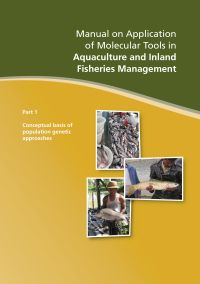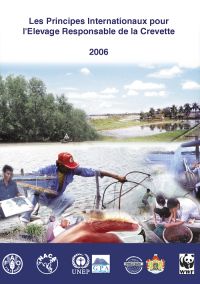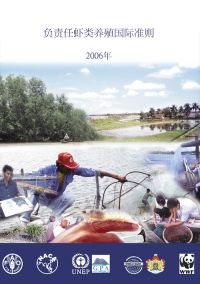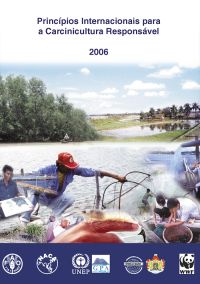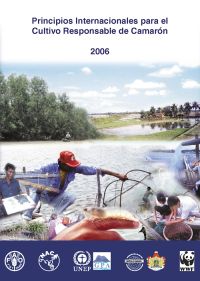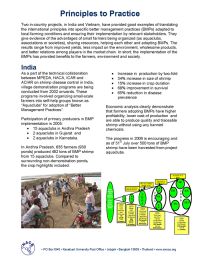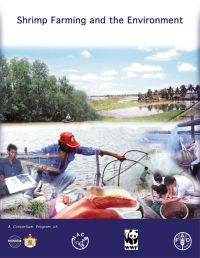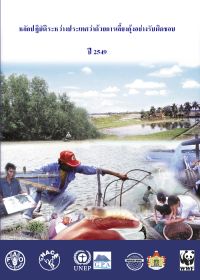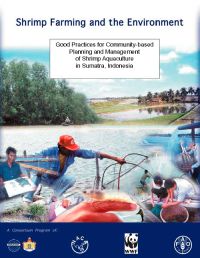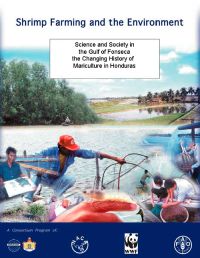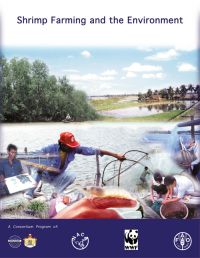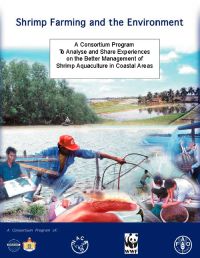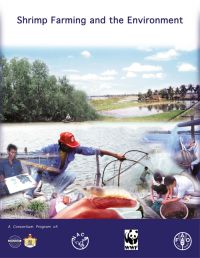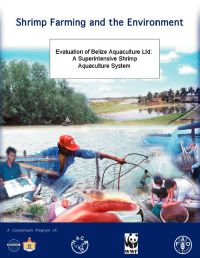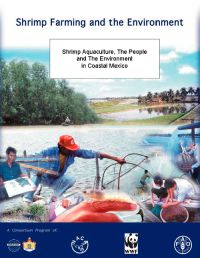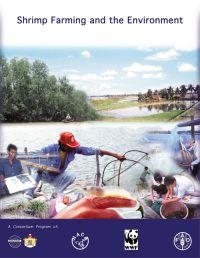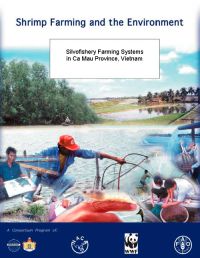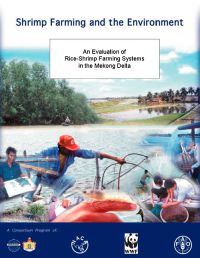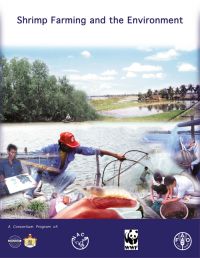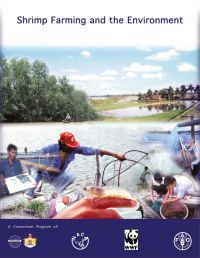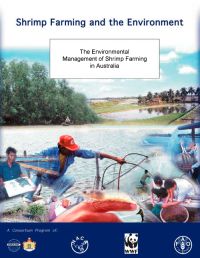Shrimp Farming and the Environment
20 November 2003 | 81338 views | .pdf | 28.25 KB | Australia, Bangladesh, Better management practices, China, India, Indonesia, Shrimp, Sri Lanka, Environment and Sustainability, Thailand, Vietnam
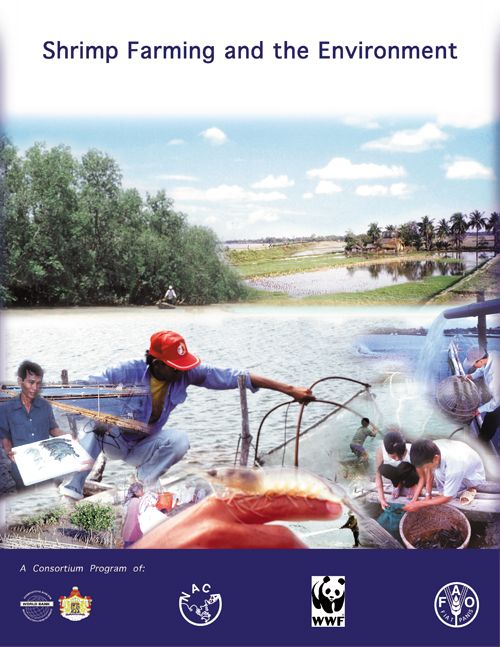
Recognising that challenges for better management of shrimp aquaculture around the world are complex, and that improved practices often result from identifying and analysing lessons learned and exchanging such information, a Consortium Program entitled "Shrimp Farming and the Environment" has been developed. The partners are the World Bank, the Network of Aquaculture Centres in Asia-Pacific (NACA), the World Wildlife Fund (WWF) and the Food and Agriculture Organization of the United Nations (FAO).
The consortium supported 35 complementary case studies prepared by more than 100 researchers in more than 20 shrimp farming countries. These cases have been developed through consultation with numerous stakeholders throughout Asia, Africa and the Americas. Cases range from specific interventions within single operations to thematic reviews of key issues in shrimp aquaculture. The cases have been presented and discussed at more than 150 meetings and workshops worldwide. The goal of the cases is to document and analyse experience around the world in order to better understand what works, what doesn't and why.
The Consortium Program is based on the recommendations of the FAO Bangkok Technical Consultation on Policies for Sustainable Shrimp Culture , the World Bank review on Shrimp Farming and the Environment, and an April 1999 meeting on shrimp management practices hosted by NACA and WWF in Bangkok, Thailand.
There are six objectives to the Consortium Program:
1. Generate a better understanding of key issues involved in sustainable shrimp aquaculture.
2. Encourage a debate and discussion around these issues that leads to consensus among stakeholders regarding key issues.
3. Identify better management strategies for sustainable shrimp Aquaculture.
4. Evaluate the cost for adoption of such strategies as well as other potential barriers to their adoption.
5. Create a framework to review and evaluate successes and failures in shrimp aquaculture which can inform policy debate on management strategies for sustainable shrimp aquaculture.
6. Identify future development activities and assistance required for the implementation of improved management strategies that would support the development of a more sustainable shrimp aquaculture industry.
Copyright, all rights reserved.
